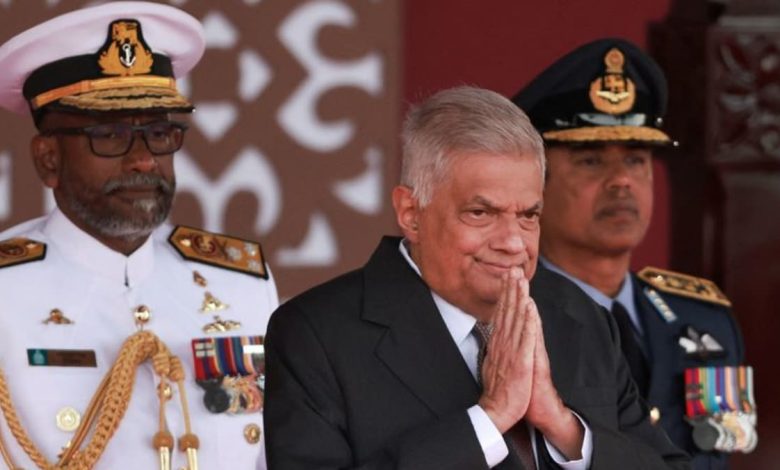Sri Lanka President Wickremesinghe fails to get backing of largest party for re-election

Although the SLPP decision is a blow to Wickremesinghe, it does not take him out of the race entirely as he is contesting as an independent candidate and a breakaway faction of the SLPP and other opposition parties could end up supporting him.
His predecessor, Gotabaya Rajapaksa, was the first sitting president to be ousted from power after thousands of disgruntled protesters occupied his office and official residence forcing him to flee the country and later resign.
Over the past two years, Wickremesinghe has overseen a fragile economic recovery securing a US$2.9 billion International Monetary Fund (IMF) bailout programme that helped stem a fall in the rupee, tame runaway inflation, and rebuild dollar reserves.
Wickremesinghe also set the groundwork for Sri Lanka to start debt restructuring talks with its official creditors and bondholders.
But the pain from the financial fallout is far from over. Under the IMF programme, Sri Lanka still has to increase tax revenue, fix loss-making state companies and finalise a US$12.5 billion debt rework with bondholders.
Rising poverty levels, corruption and policy gridlocks are also among key concerns, analysts said, adding that the crisis may have also eroded the previously strong SLPP vote base, making the outcome of its alliance with Wickremesinghe unpredictable.
“People are silently waiting to give their decision on election day,” said political scientist Prof. Jayadeva Uyangoda.
“It is actually judgement time for Sri Lanka.”





